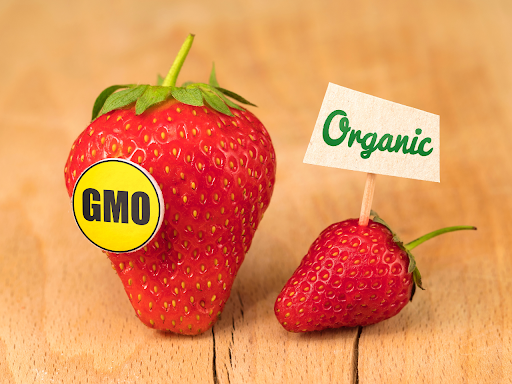
Today’s average consumer is more informed and concerned than ever before about what goes into their food. As transparency becomes a growing priority, brands are being held accountable for the claims they make on product packaging. One major step toward greater clarity and trust is the use of substantiated claims, but what exactly are they, and why are they so important?
What Are Substantiated Claims?
Substantiated claims on product labels are specific, fact-based statements that can be backed up by credible data like clinical trials, scientific studies, or regulatory approval. Unlike soft claims, which are often vague or broad, substantiated claims must be verifiable and supported by reliable evidence. Regulatory agencies like the FDA or the European Food Safety Authority (EFSA) often review these claims to ensure their accuracy and truthfulness.
Consumer Demand is Driving Change
As consumers ask more questions and seek transparency, regulations are evolving to keep up. In 2018, the USDA passed the National Bioengineered Food Disclosure Standard. This rule requires that as of 2020, any food made with genetically modified ingredients must clearly disclose this on its packaging. They can do so through text, symbols, QR codes, or a phone number.
Understanding GMOs and Safety Testing
Terms like “GMO,” “bioengineered,” or “genetically modified” can be confusing. But at their core, they refer to crops that have been altered through biotechnology to enhance certain traits such as pest resistance or drought tolerance. Although genetically engineered foods have been available since the early 1990s, newer regulations now require food companies to use the term “bioengineered” on labels to describe these ingredients.
It’s important to note that GMOs are subject to rigorous oversight. The FDA reviews all GMOs intended for the market, and each one must pass a safety consultation process. These products are also tested to ensure they do not contain known allergens or pose any health risks. Scientific research has consistently shown that GMOs are safe to eat and pose no known hazards to consumers.
Why Substantiated Claims Are Critical
The stakes for clear labeling and substantiated claims are especially high when it comes to food allergies. Today, more Americans than ever are living with food allergies, including 33 million individuals, or roughly 1 in 10 adults. The rise is especially sharp among children. Between 1997 and 2011, food allergy rates in kids rose by 50% and that number jumped another 50% from 2007 to 2021.
For families managing food allergies, substantiated claims can make all the difference and be a real game changer when it comes to purchasing safe food. They ensure that when a product is labeled “free from” a certain allergen, it actually is verified by science and not just clever marketing.
Why Certified Free From® (CFF) Matters
Certified Free From (CFF), developed by MenuTrinfo® LLC, is the only program of its kind in the world that verifies allergen-free claims on consumer-packaged goods. Designed to help food brands provide safer options, the CFF certification process includes in-person, third-partyauditing and extensive validation of allergen-related claims.The CFF program has been accredited by ANAB as meeting the ISO 17065 standards. When you see a CFF label, it means the product has passed a rigorous certification process, giving consumers peace of mind and confidence in what they’re eating. Want to learn more about Certified Free From or refer a brand or product you’d like to see certified? Visit cfffoods.org to get involved and help bring more verified, allergy-friendly products to your shelves.



